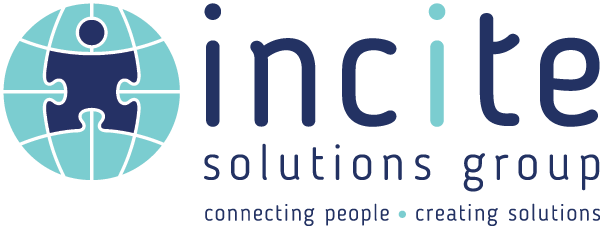Interview Stage
Congratulations! You have been contacted by an employer you have been in touch with and been invited to interview. This can be an exciting but also a nervous time. The thing to remember is that if you have been asked to take the time to meet with an employer, then you have satisfied the basic criteria of do you have the ability to potentially do the job.
The answer to this question for any employer inviting a person in for interview nine times out of ten is yes!
At this stage it is about proving that you are the best fit for the organisation you are interviewing for and is an opportunity to showcase your strongest competencies.
Remember, there will be other people interviewing for the job, so its crucial to ensure that as best as possible, you present yourself in line with the company values, vision and goals of the company you are interviewing for a position with. It is also critical that the competencies you showcase are as closely matched to the job description and company ideology as possible.
Speak to your Rehabilitation Consultant and the Employment Services Team about the possibility of arranging a mock interview. We offer mock interviews for basic, intermediate and advanced candidates and will always tailor our approach to the job industry you are looking for employment in.
To help you brush up those skills we’ve included a wide range of resources for you to read over and take into consideration. Remember it’s worth getting this part right as what comes next is potentially a job or work trial offer if we prove ourselves to be the best fit for an employer!
Interview techniques
Disclosing a disability with an employer
Developing an elevator pitch
-
-
- Understand your background, your accomplishments, why you want to work at XYZ company, and what your future goals are. This is called an elevator pitch.
- Even though you’ve prepared and practiced, keep it natural.
- Remember to breathe and smile.
- Rehearse it, but make sure it doesn’t LOOK rehearsed.
- 2-3 min (150-350 words is fine) however most people stop listening after 45-60 seconds.
- Learn how to confidently answer an open-ended question about yourself smoothly and effectively as your interview will start off on a great note.
-
Spend about 1-2 hours writing down your top five work or personal experiences. These experiences should follow this format – situation/task, action, result (STAR). What was the situation, what did you do, and what happened?
Narrow each down to a paragraph. Think about the STAR format on a 100 point scoring pie: Only about 15-20 points should go to the “situation” with about 40 points going to your “actions” and 30-35 points on the “results”.
Think about the themes that come across. Are you all about growth, customer focus, sales excellence, product innovation, etc. and how do the themes come through? How do your experiences reflect a recurring theme?
Pick your top themes. What are the top 1-2 things you want the interviewer to remember about you? When you have finished answering the question, the interviewer should know clearly what these top 2 things are.
Put it together. A good way to finalize this is to use the word-count feature on your word processor. At 150 words per minute, you should not use much more than 350 words for your pitch. You’ll generally want to start with undergrad, unless that was a very long time ago. Quickly move past undergrad and launch into your work history, keeping in mind that you want to highlight your top 3-5 experiences and not every last thing you did in each job. Keep your undergrad and work history to 75% of your time. Save the last moments for why XYZ company and what your future goals are. These goals should match the new position and/or the opportunities at this company.
*S*T*A*R*
The STAR (Situation, Task, Action, Result) format is a job interview technique used by interviewers to gather all the relevant information about a specific capability that the job requires. This interview format is said to have a higher degree of predictability of future on-the-job performance than the traditional interview.
You can find even more information and handy hints in our interview tool kit resources below!
